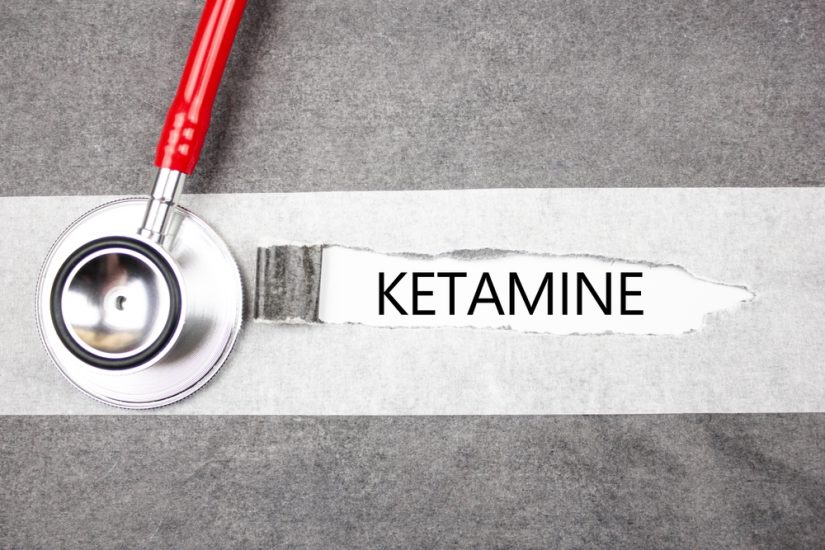- November 21, 2023
- by Shalini Murmu
- Treatment
Where mental health challenges are so prevalent, the quest for alternative therapies has led many people to explore unconventional avenues for healing. One such avenue gaining recognition is Equine-Assisted Therapy (EAT). This unique form of therapy involves interactions between individuals and horses, offering a transformative experience that goes beyond traditional therapeutic methods for mental health conditions.
How Equine-Assisted Therapy Works?
The fundamental premise of Equine-Assisted Therapy lies in the unique connection between humans and horses. Horses are highly intuitive and sensitive animals, capable of picking up on subtle signs and emotions. This makes them perfect companions in the therapeutic process. The therapy sessions are conducted in a controlled and structured environment, with the therapist carefully selecting activities that mirror real-life situations.
One of the key elements of EAT is the absence of riding. The emphasis is on ground activities, creating a non-threatening space that encourages people to open up and explore their emotions. As one learns to interact with the horses, they develop crucial life skills such as communication, trust, empathy, and assertiveness. The feedback from the horse becomes a powerful tool for the therapist, providing insights into the individual’s emotions and behaviors.
By observing how the horse responds to their actions and energy, the therapist can help patients understand how their own behavior may be influencing their relationships and interactions with others. This experiential approach allows people to gain a deeper understanding of themselves and make positive changes in their lives. Additionally, the non-verbal nature of the horse-human interaction can be particularly beneficial for those who struggle with verbal communication or have difficulty expressing their emotions. Overall, equine therapy for mental health offers a unique and effective approach to personal growth and healing.
Who Can Benefit from Equine-Assisted Therapy?
Equine-assisted therapy is a versatile intervention that can benefit a wide range of individuals, including children, adolescents, adults, and even seniors. Here’s a closer look at specific groups that may find EAT particularly beneficial:
- Children And Adolescents
EAT has shown significant success in helping children and adolescents struggling with behavioral issues, attention disorders, and emotional challenges. The non-judgmental nature of horses creates a safe space for them to express themselves and develop essential life skills. By interacting with horses, children and adolescents learn how to build trust, establish boundaries, and communicate effectively. This fosters emotional growth and self-awareness. These experiences often translate into improved relationships, increased self-confidence, and better overall mental well-being.
- Individuals With Mental Health Disorders
Equine-assisted therapy has been successfully integrated into treatment plans for everyone grappling with mental health disorders, including anxiety, depression, PTSD, and eating disorders. The experiential nature of the therapy allows individuals to address and process their emotions in a unique and impactful way.
By engaging with horses, patients develop trust, empathy, and emotional regulation skills, which can be transferred to their everyday lives. This non-judgmental and non-verbal communication between the individual and the horse creates a safe space for exploration and healing. Additionally, the physical activity involved in working with horses can help improve mood and reduce symptoms of anxiety and depression for a long period of time.
- Trauma Survivors
Through Equine-Assisted Therapy (EAT), trauma survivors can develop a unique bond with the horses, allowing them to feel understood and validated without the fear of judgment. This reflective process can be instrumental in helping trauma survivors gain a deeper understanding of their own feelings, helping them to process and heal from their trauma. Additionally, the physical presence of the horses provides a calming and grounding effect, offering a safe space for survivors to explore and express their emotions in a therapeutic and supportive environment.
- Corporate and Leadership Development
It is not limited to clinical settings. Many corporate and leadership development programs have incorporated EAT to enhance team building, communication, and leadership skills. By engaging in activities such as grooming, leading, and riding horses, people in these programs can gain a deeper understanding of their own strengths and weaknesses as leaders. Experiential learning with horses can provide valuable insights into interpersonal dynamics and leadership development that go beyond traditional classroom training methods.
Benefits Of Equine-Assisted Therapy
The benefits of Equine-Assisted Therapy are multifaceted, addressing not only mental health but also physical, emotional, and social well-being. Some key advantages include:
- Emotional Regulation: Interacting with horses promotes emotional regulation, helping you to identify and manage your emotions effectively.
- Increased Self-Esteem: The non-judgmental nature of horses fosters a sense of acceptance, leading to increased self-esteem and self-confidence.
- Improved Communication Skills: Working with horses requires clear and assertive communication, translating into improved interpersonal communication skills in everyday life.
- Enhanced Empathy: The responsive nature of horses cultivates empathy, by motivating people to understand and connect with the emotions of others.
- Stress Reduction: The calming presence of horses and the outdoor environment contribute to stress reduction, promoting overall mental well-being.
Equine-assisted therapy stands as a testament to the healing power of the human-animal bond. Whether you’re a parent seeking support for a struggling child, or an individual navigating mental health challenges, EAT offers a unique and powerful approach to well-being.
As the world continues to recognize the importance of holistic and alternative therapies, the hoofprints of Equine-Assisted Therapy are leaving a lasting impression on the landscape of mental health care.
Reach out to North America Behavioral Health Services and be guided to mental health facilities that provide services of equine therapy today!
















